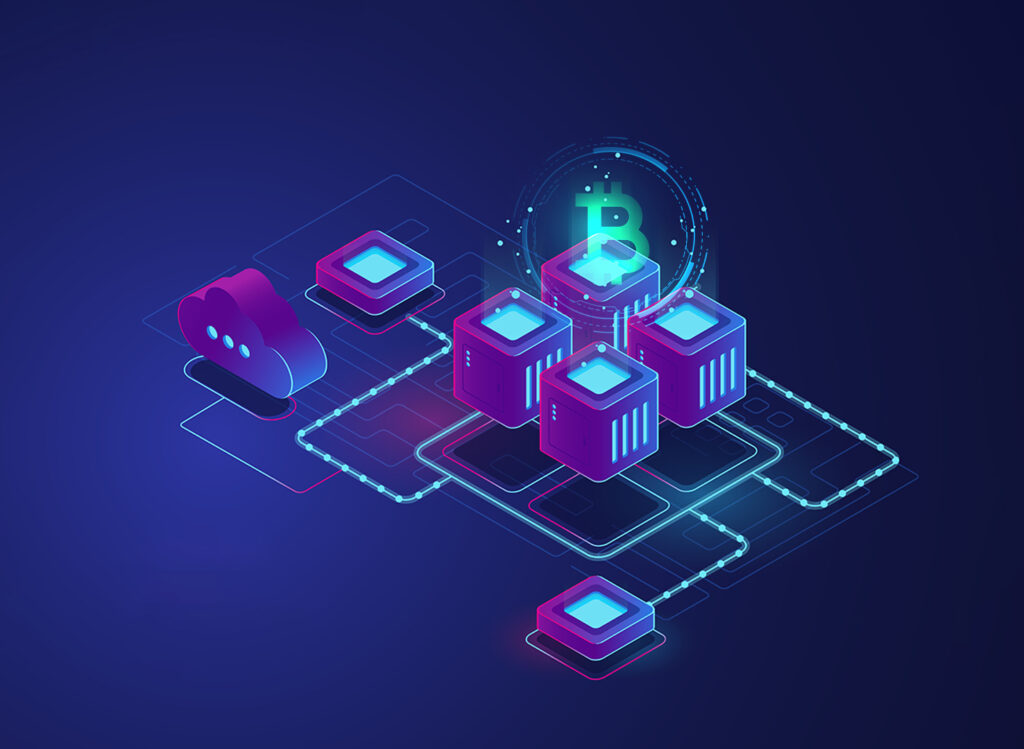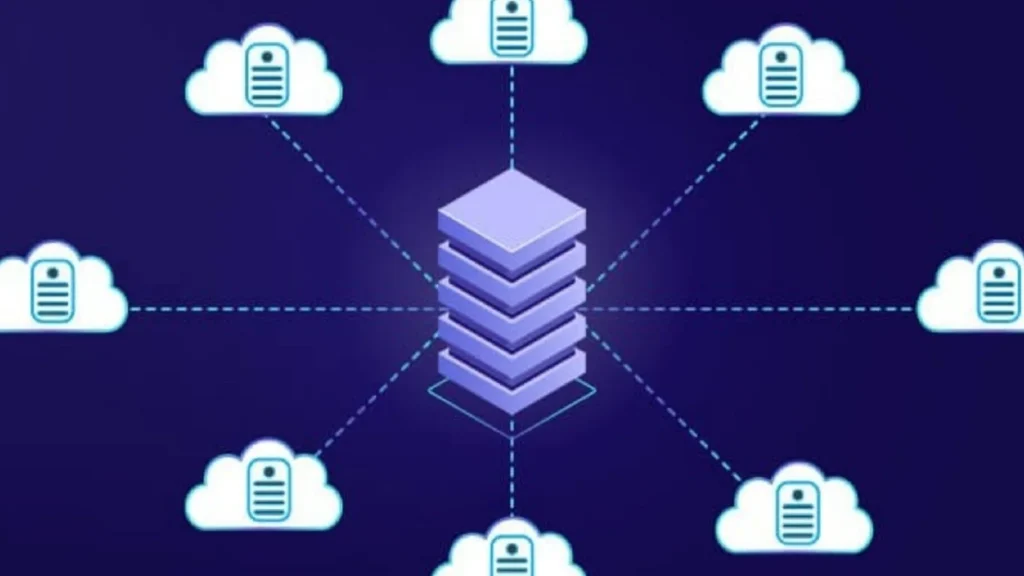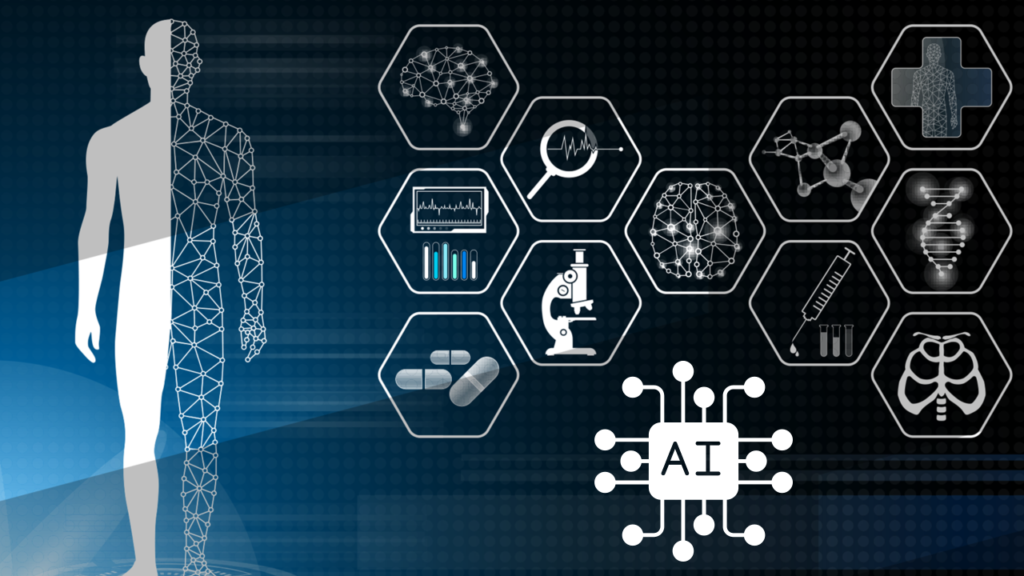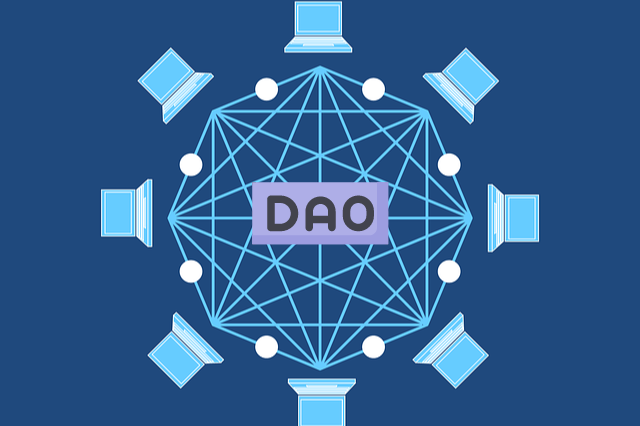Blockchain in Digital Art: Securing Ownership and Authenticity
The digital art industry has witnessed exponential growth, driven by the rise of NFTs (Non-Fungible Tokens) and blockchain technology. However, challenges such as art forgery, copyright infringement, and ownership disputes remain significant concerns. Blockchain provides an immutable, decentralized ledger that enhances authenticity, provenance tracking, and security for digital assets, revolutionizing how art is bought, sold, […]
Blockchain in Digital Art: Securing Ownership and Authenticity Read More »










